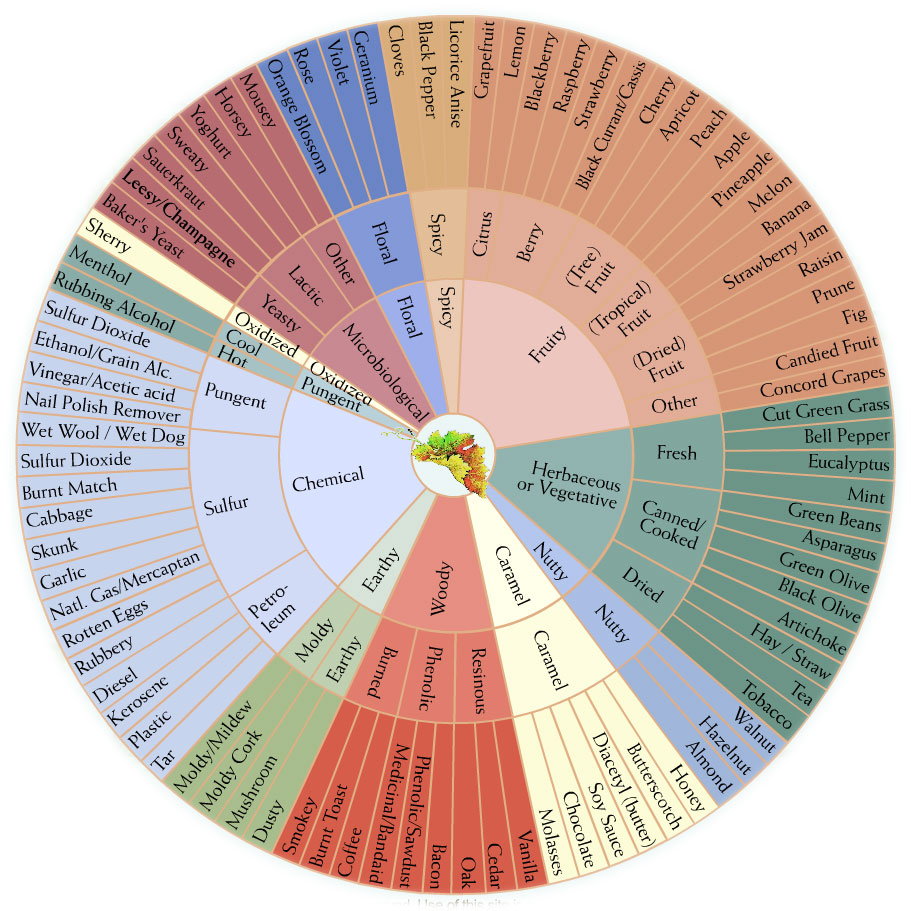“What did I do?”
You will not remember unless you write it down. Winemakers, cheesemakers and beer makers all need to keep track of what they are doing because you will not remember.
For beer makers and cheesemakers it is a little less important because the ingredients are more constant. Milk is milk. Malt is malt. This is a bit crude but the point is that apples are NOT apples!
Meaning that apples are different at every location and every harvest. The amount of sugar will vary, as well as the amount and type of acid. It is not possible to have a standard recipe for apple wine that will always work. Therefore you will need to make a recipe, each time adjusting some parameters.
An unfortunate thing about making wine is that it takes a long time before it is finished. That is why you have to keep track of what you did. In the past I bought logbooks to keep track. And I am glad that I did. I was able to learn from the wines that I made and tried to improve by changing ingredients or amounts.
I also was able to see some mistakes which are very obvious to me now.
So I made a template for a wine logbook. You can use it to write down for example the ingredients, special dates, specific gravity, alcohol %, etc.
You can also use it to write down what you think of the finished wine. Do not drink all your wine at once but try to spread it out over 1 or 2 years. It is very interesting to see how it develops.
I always have trouble to describe flavors or tastes. I can’t find the right words. The wine drinker world has created a useful tool for this. The aroma wheel. Just write down some words that you think apply to your wine. As you can see the wine world has found a lot of weird words to describe wine.
Funny detail: Grapes are not on the wheel. Apparently wine is more likely to taste like plastic than grapes.
Hans



